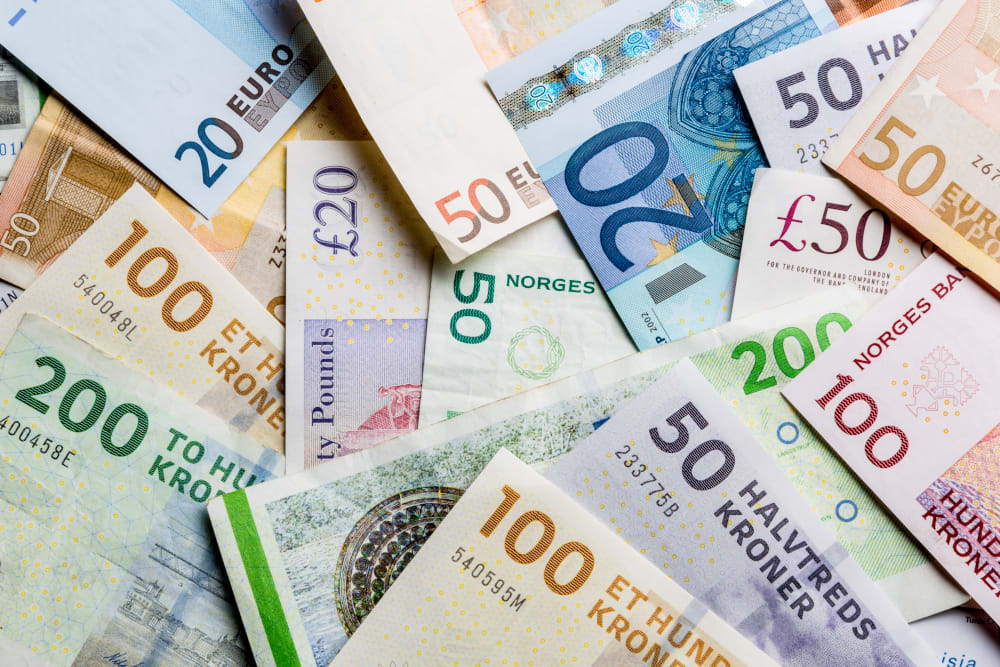JSR may review life sciences portfolio, carve-out could be option – director
The life sciences segment will remain a core business for Japanese chemical material maker JSR, but it may conduct a portfolio review that could make a carve-out or other organizational reforms of the segment a possibility, JIC Capital (JICC) President and CEO Shogo Ikeuchi told Mergermarket.
If it decides to proceed, the company will complete such a business portfolio review within three years from now, Ikeuchi said on the sidelines of a news conference on 27 June in Tokyo.
The news conference was held to announce that Ikeuchi, who heads the private equity investment arm of state-backed Japan Investment Corp (JIC), will concurrently serve as an outside director of JSR. JICC acquired a 100% stake in JSR via a takeover bid on the Tokyo Stock Exchange in a USD 6.9bn privatization deal completed earlier the same day.
According to JSR’s presentation material, JSR’s Life Sciences segment develops and manufactures various biomedical materials. Its subsegments include Contract Development and Manufacturing Organization (CDMO), Contract Research Organization (CRO), In Vitro Diagnostics (IVD) and Bio Process Materials (BPM) businesses, per the material.
During the news conference, Ikeuchi said reforms to raise the profitability of JSR’s CDMO business – the largest subsegment of its life sciences unit by revenue – is “an urgent agenda” for JSR. Having said that, Ikeuchi noted that he believes the CDMO business has a very high growth potential in Japan, the US and China, and JSR needs to continue investing in this business.
For the fiscal year ended March 2024, the Life Sciences segment posted a core operating loss of JPY 7.7bn (USD 480m) on revenues of JPY 129.7bn, according to JSR’s financial statement.
During the news conference, Ikeuchi also noted that JSR will pursue a roll-up acquisition strategy in the front-end semiconductor process, rather than the photoresist manufacturing space alone.
According to media reports from 2023, JSR held the world’s largest share of 27% in the photoresist market. Photoresists are one of the essential chemical materials used to produce semiconductors.
Through a roll-up, JSR would be able to pursue two benefits at the same time: cross-selling products to JSR’s existing customers and creating a package of different products that offer more value to customers, Ikeuchi separately told reporters after the news conference.
Asked about the roll-up strategy, JSR’s CEO and President Eric Johnson, who attended the same press conference, declined to specify which front-end areas JSR is now looking to seek potential targets in.
Johnson noted that a roll-up strategy may raise concerns about possible regulatory issues, as some of JSR’s products have a large market share. He also said during the news conference, however, that he does not want to take the option off the table. “I’m not eliminating any possible scenario. I don’t want to imply that we have a prioritization among those different areas,” he said.
JIC and JICC announced the privatization plan in June 2023, noting a delisting is needed to help JSR pursue a long-term business strategy and thereby strengthen Japan’s global competitiveness in the semiconductor industry.










